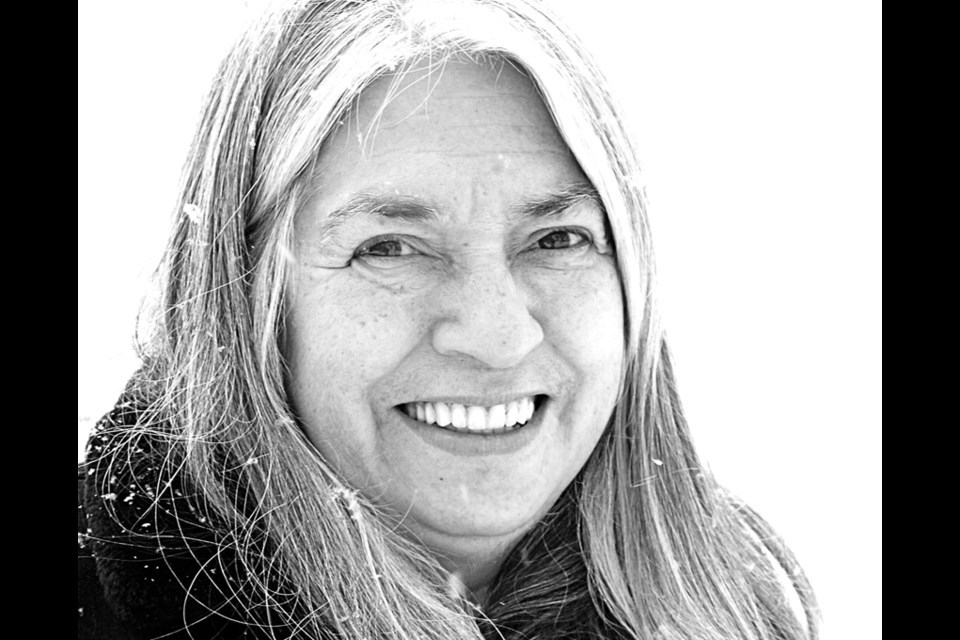Stó:lō writer, recipient of the Queen’s Diamond Jubilee Medal, Officer of the Order of Canada and fierce champion of Indigenous women’s stories Lee Maracle has died at the age of 71.
Acclaimed author, poet, teacher, and granddaughter of Tsleil-Waututh Nation late Chief Dan George, Maracle passed away at a Metro Vancouver hospital on Nov. 11.
Maracle believed that Indigenous writers, particularly Indigenous women, were left "last" in Canada, and spent her career trying to write them into the centre of their own narratives.
"Although I'm grateful for an opportunity to speak, I am still aware of how irrelevant you have made us in order to believe in your pursuit of religious freedom, raison d'etre, that masks colonialism," Maracle said in her 2020 Margaret Laurence lecture, wrestling with how the prestigious speaking series has silenced voices like hers.
"I'm invited into your space in an honouring way, despite the continued murder of Indigenous women, some of whom are my relations," she said.
Oji-Cree Saulteaux Indigiqueer poet jaye simpson remembered reading Maracle’s work for the first time when attending high school in Langley.
“It's just very interesting, her journey and conversation in publishing and the literary world, because she was published in a time where not many other Indigenous people were being published. And when I read Conversation with Canadians, I was pretty blown away,” they said.
simpson met Maracle for the first time at a Vancouver Writers Festival event, where simpson was moderating and interviewing Maracle about her collection of works.
Laughing, simpson remembers emailing Maracle a list of questions to her beforehand, but not receiving a reply, which simpson “loved.”
“At the event, she answered the questions very quickly. But then she was like, ‘I just want to talk about something else,’” simpson said. “And the way she was just such an Aunty, where she was like, ‘Those are very nice questions, but your question makes me think of this one story from a couple years ago, so let me talk about that,” they said, laughing.
simpson recalled a story Maracle shared that evening, where Maracle was unable to book speaking events for years – so she took it into her own hands and stormed the stage at an event and started reading.
“She's always been such a loud voice for taking the space that is needed, because it's not guaranteed,” simpson said.
Maracle was born on July 2, 1950, and was raised in North Vancouver. She became one of the first Indigenous authors to be published in Canada with 1975's Bobbi Lee: Indian Rebel, detailing her itinerant journey toward political consciousness.
Maracle went on to produce a prolific body of work that blended fiction, non-fiction, poetry and traditional Indigenous storytelling, including such seminal titles as I Am Woman, Ravensong and Celia's Song.
A quote of Maracle’s has been circulating around social media since her passing, one which simpson believes speaks to the importance of finding Indigenous joy even in the hardest of situations.
“My life has been a long slow journey over very sharp rocks, but goddamn it if I didn’t dance over every last one of them.”
“It's just nice to see our existence being perceived and portrayed as dancing and joy on top of [the challenges]. And that's something that Lee was so good at, was being so unapologetic on that front. … She was revolutionary, and she brought so many of us forward,” simpson said.
“She reminded me that wit and humor are always welcome,” they said.
A fundraiser has been set up to provide financial support to Maracle's children and family, and to provide cultural work so "Lee's legacy and enormous contributions over the decades is known by both lndigenous youth and Canadians far and wide."
Charlie Carey is the North Shore News' Indigenous and civic affairs reporter. This reporting beat is made possible by the Local Journalism Initiative.
- with files from The Canadian Press



